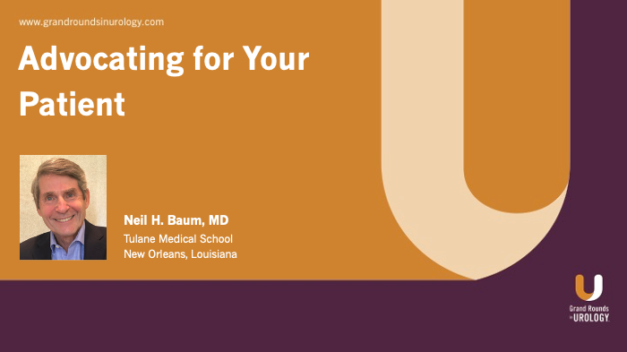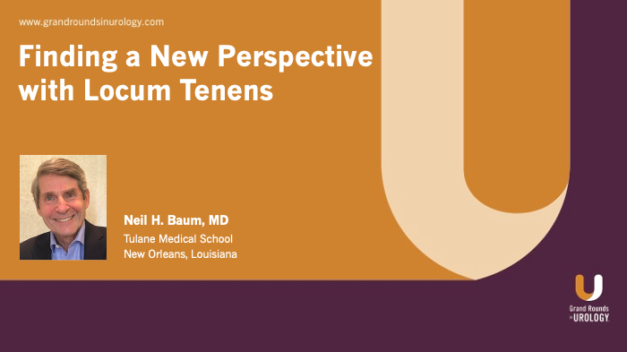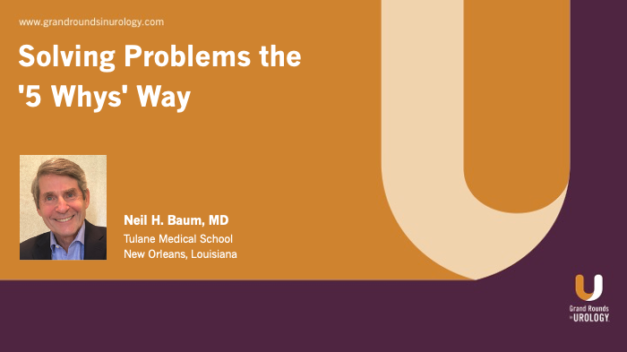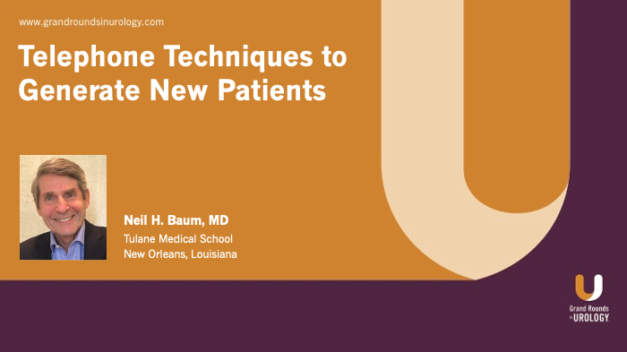Advocating for Your Patient
Grand Rounds in Urology Contributing Editor Neil H. Baum, MD, Professor of Urology at Tulane Medical School, discusses how to and why one should advocate for patients following a denial of coverage by an insurance company. He explains why insurers deny coverage for mediations, services, durable medical goods, and treatments, noting that even if a rejection is successfully appealed, the process adds weeks or months to the reimbursement. Dr. Baum shares a success story of going the extra mile for a patient and the lessons he learned from that experience. He highlights the value of pursuing these cases, particularly the most egregious rejections. While appealing a rejection will not always be successful, he contends that nothing provides as much satisfaction as advocating for one’s patient.
Read More




